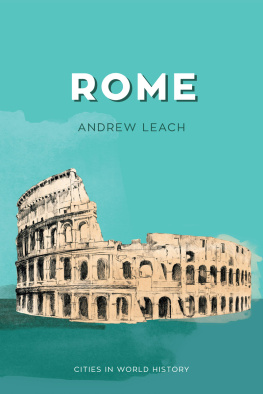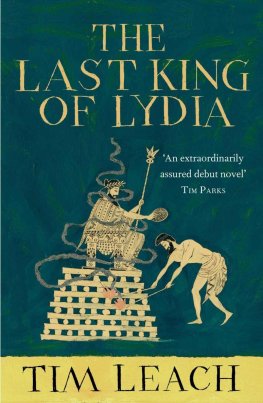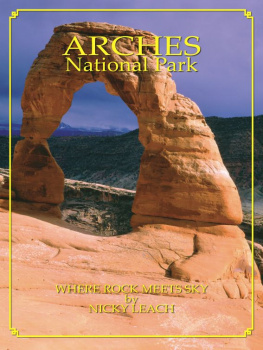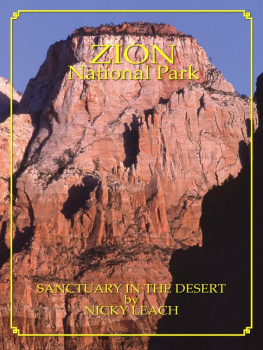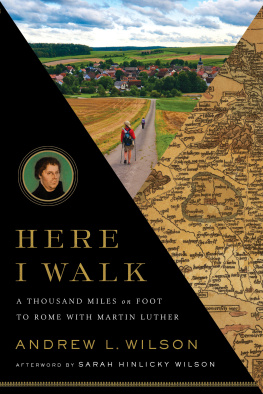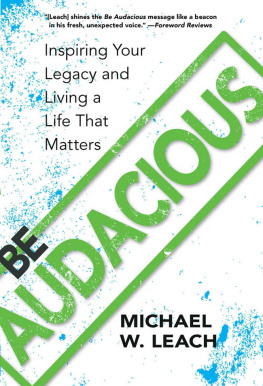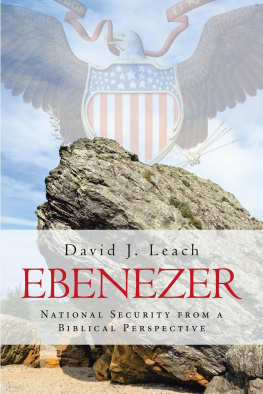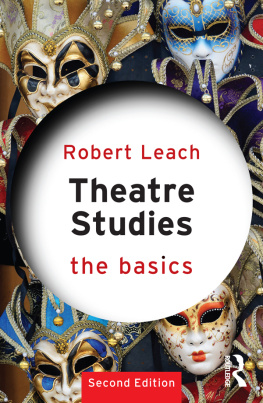Andrew Leach - Rome
Here you can read online Andrew Leach - Rome full text of the book (entire story) in english for free. Download pdf and epub, get meaning, cover and reviews about this ebook. year: 2016, publisher: Polity Press, genre: History. Description of the work, (preface) as well as reviews are available. Best literature library LitArk.com created for fans of good reading and offers a wide selection of genres:
Romance novel
Science fiction
Adventure
Detective
Science
History
Home and family
Prose
Art
Politics
Computer
Non-fiction
Religion
Business
Children
Humor
Choose a favorite category and find really read worthwhile books. Enjoy immersion in the world of imagination, feel the emotions of the characters or learn something new for yourself, make an fascinating discovery.
- Book:Rome
- Author:
- Publisher:Polity Press
- Genre:
- Year:2016
- Rating:5 / 5
- Favourites:Add to favourites
- Your mark:
- 100
- 1
- 2
- 3
- 4
- 5
Rome: summary, description and annotation
We offer to read an annotation, description, summary or preface (depends on what the author of the book "Rome" wrote himself). If you haven't found the necessary information about the book — write in the comments, we will try to find it.
Rome — read online for free the complete book (whole text) full work
Below is the text of the book, divided by pages. System saving the place of the last page read, allows you to conveniently read the book "Rome" online for free, without having to search again every time where you left off. Put a bookmark, and you can go to the page where you finished reading at any time.
Font size:
Interval:
Bookmark:

Andrew Leach
Polity
Copyright Andrew Leach 2017
The right of Andrew Leach to be identified as Author of this Work has been asserted in accordance with the UK Copyright, Designs and Patents Act 1988.
First published in 2017 by Polity Press
Polity Press
65 Bridge Street
Cambridge CB2 1UR, UK
Polity Press
350 Main Street
Malden, MA 02148, USA
All rights reserved. Except for the quotation of short passages for the purpose of criticism and review, no part of this publication may be reproduced, stored in a retrieval system, or transmitted, in any form or by any means, electronic, mechanical, photocopying, recording or otherwise, without the prior permission of the publisher.
ISBN-13: 978-1-5095-1499-1
A catalogue record for this book is available from the British Library.
Library of Congress Cataloging-in-Publication Data
Names: Leach, Andrew, 1976- author.
Title: Rome / Andrew Leach.
Description: Malden, MA : Polity Press, 2016. | Series: Cities in world history | Includes bibliographical references and index.
Identifiers: LCCN 2016011969| ISBN 9780745669748 (hardcover : alk. paper) | ISBN 0745669743 (hardcover : alk. paper) | ISBN 9780745669755 (pbk. : alk. paper) | ISBN 0745669751 (pbk. : alk. paper)
Subjects: LCSH: Rome (Italy)--History.
Classification: LCC DG808. L43 2016 | DDC 945.6/32--dc23 LC record available at https://lccn.loc.gov/2016011969
The publisher has used its best endeavours to ensure that the URLs for external websites referred to in this book are correct and active at the time of going to press. However, the publisher has no responsibility for the websites and can make no guarantee that a site will remain live or that the content is or will remain appropriate.
Every effort has been made to trace all copyright holders, but if any have been inadvertently overlooked the publisher will be pleased to include any necessary credits in any subsequent reprint or edition.
For further information on Polity, visit our website: politybooks.com
For Mikayla
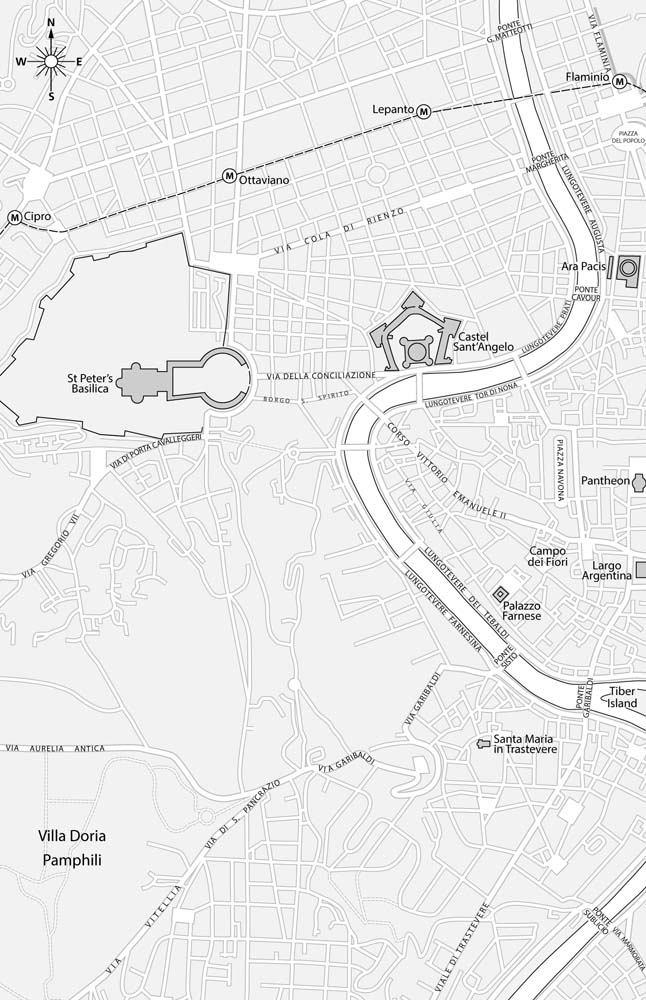
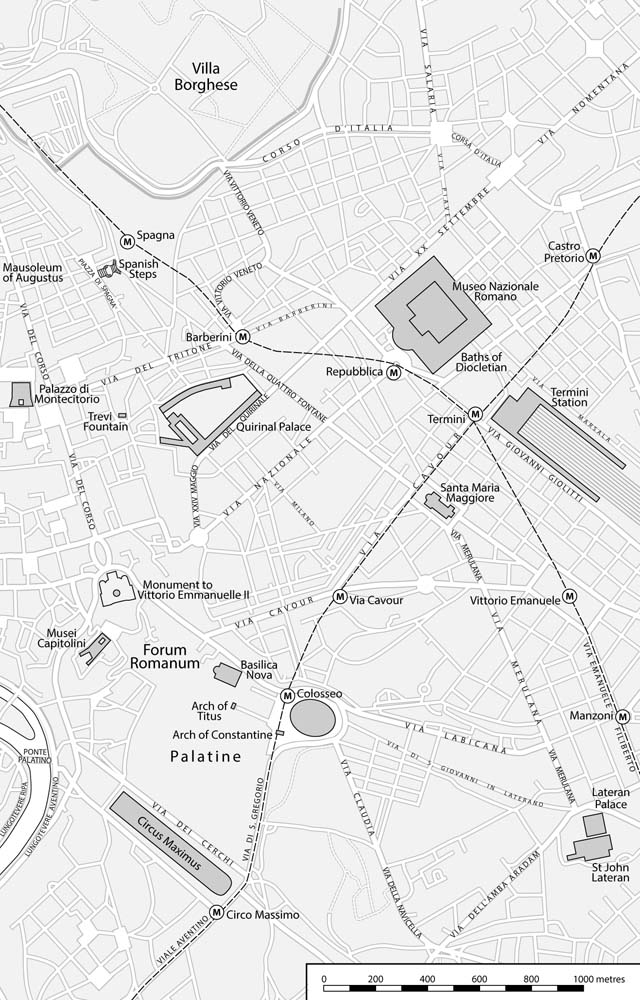
A short account of Rome should start in the present and not because, or not only because, the worlds history is the worlds judgement (to quote Schiller), but because a book like this really should (and usually does) start with the excuses, caveats and reassurances that will let the author get away with what follows. This book has its limitations, of course, not least being that it has had to set aside much in order to capture in short form the history of a city that extends back nearly three millennia. Rome is the playground of specialists and enthusiasts alike. It is also a scholars rabbit hole. It deserves every sentence these pages can sustain, but requires the reader to work with the faults he or she finds here and to build on these pages through his or her own experience, first hand or remote, of Rome as a city in history. In many respects I have written the book I wished I had been able to read on my way to Rome for the first time, and it goes a long way towards giving form to what I have learned since.
In a talk delivered to the American Philosophical Society more than a century ago, Jesse Benedict Carter observed that the history of Rome has usually been written with little regard for that material and physical thing, the city of Rome; while the writer on Many scholars have since offered Carter a rebuttal in their work, but the warning remains one worth heeding. I kept this in mind as I worked through a series of encounters with the fabric of Rome, past and present, through which its history unfolds. There are many ways to approach the task at hand. Rome has a history arguably unmatched in richness by any city on the globe. These pages could address economics, population, religion, mythology, water, the family, politics, society, art and culture, and they do so, as much as I have something to offer. I have read as widely and deeply as I have dared and tracked my sources along the way for the reader to pick up where I have had to leave off. But my home base is the history of architecture, and I have used buildings, monuments, city streets and the intentions bound up in them to offer a series of historical sketches that cultivates a view of Rome as a city that shapes and is shaped by history. I have set out to demonstrate what most visitors to Rome will instinctively understand: that the fabric of this ancient city presents moments of mediated contact with the past.
This book presents Rome as a city that demands an encounter with history while being, in itself, resolutely contemporary in each moment, including ours. My goal for what follows is therefore simple in its intent, even if difficult to execute: to offer something of a quick episodic tour of the citys fabric extant and otherwise, tangible or not to orientate the readers own encounter with Rome. These pages negotiate the pregnant gap between this city as a fact in the world something you can stand on, regard or walk into while trying to take a selfie and its image as something you can conjure or convey. It is not a guidebook, but I hope it offers something to tourists and travellers. It is a starting point for those who need one, and should function from an armchair as well as it does in situ.
The grand tourists of the past needed to pit themselves against the dangers of road and sea to reap Romes reward. We are more fortunate. It is now possible to get a strong sense of contemporary Rome using the 3D renderings of various mapping programs Apple Maps has been my weapon of choice and to enrich it with novels and films to overlay borrowed experience. For some, Rome has to be seen first hand to be believed. For others, it exerts its greatest power upon the imagination. Between Romes image and its artefacts, though, there is a vast scope for interpretation; and with every path taken, innumerable others are left open. It is one thing to revere Romes apparent eternity, but reverence must be balanced with a healthy tolerance for its perpetual drive towards the present.
This book relies on a large number of sources and mentions many buildings, individuals, artworks and topographical features. I have restricted facts, figures and personnel to what is necessary to make sense of any given passage in which these appear. The chronology at the end of the book offers a linear account of key events to which many hundreds could be added. The best for which one can hope is that this slender volume will draw readers toward those more patient studies which, with the careful consideration that marks the best histories of art, society, urbanism and culture, can take the reader (and the visitor) into an ever more meaningful encounter with the fine grain of this great city.
* * *
This has not been an easy book to write, and it has taken time. At Polity, Andrea Drugan introduced the prospect of a series dedicated to Cities in World History and indulged my early enthusiasms. Elliott Karstadt picked up where Andrea left off and watched patiently as things crept along, while Pascal Porcheron, Ellen MacDonald-Kramer and India Darsley cheered me across the finish line. My thanks to each of them for their astute advice and sustained forbearance. Justin Dyers careful editing has been essential. Beyond Polity, so many people have offered their insights and thoughts on this project that I am certain to commit a gross sin of omission by starting to name individuals. I am immensely grateful for the advice I have received from friends, colleagues, reviewers and family, and hold none of them accountable for any failings the reader happens to register in these pages. Writing this book has been an effort through which to share something about Rome as a city steeped in history that offers a starting point and a companion for its exploration. In this, Ruth and Amelia deserve a special mention as my constant companions in Rome my experience there has been better for sharing it with them.
Font size:
Interval:
Bookmark:
Similar books «Rome»
Look at similar books to Rome. We have selected literature similar in name and meaning in the hope of providing readers with more options to find new, interesting, not yet read works.
Discussion, reviews of the book Rome and just readers' own opinions. Leave your comments, write what you think about the work, its meaning or the main characters. Specify what exactly you liked and what you didn't like, and why you think so.

